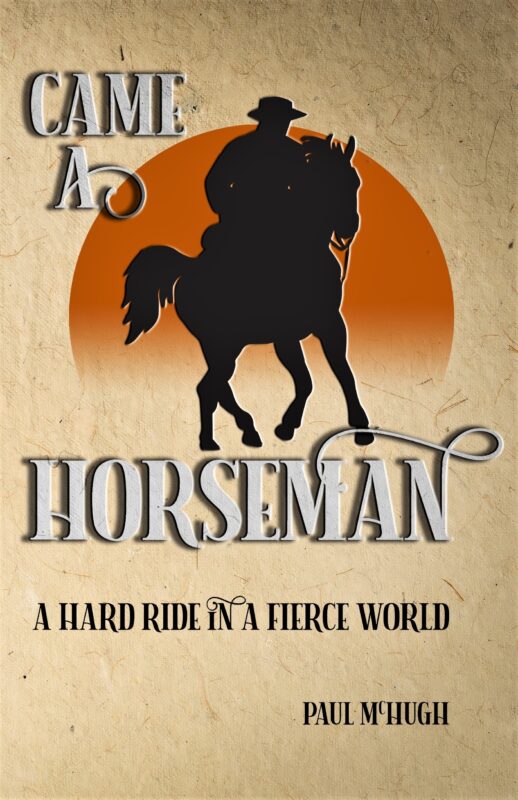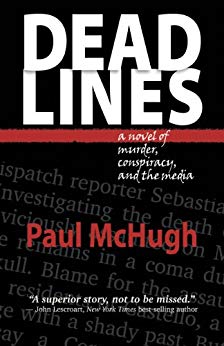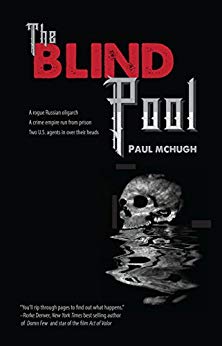
I’d say one of the most hazardous phrases human beings have scrawled is, “In vino, veritas” – which is of course Latin for, “In wine, there is truth.”
Has a seductive ring! A pithy and alliterative declaration couched in no uncertain terms! But sadly, it’s also dead wrong.

Alcohol does not and cannot offer any route to truth. Only a road to disinhibition. Which sometimes leads to useful revelation, sometimes not. Your results may vary.
Not sure how to say that in Latin… Oh, well…
But I do know that mistaking revelation for truth scoops out a pitfall of about the size and fragrance and toxicity of the Berkeley mine-tailings pit in Butte, Montana.
Also, alcohol’s been described as “Dutch courage.”
LOOSEN YOUR TIES

This hews much nearer the mark. Reducing inhibition does feel like a species of liberation. Thus, alcohol is a vastly over-applied social lubricant. Quaff a cocktail, use the boost from that juice to fling caution to the winds. Soon you could be conversing with that attractive other, laughing easily, dropping naughty hints.
But there’s another way, a far more healthful way, to achieve that same end. Simply acquire a modicum of self-awareness, seize your native boldness by its short hairs, and swing yourself into action.
And so it is for writing.
Writers sometimes think the name of their game is: Seduce the Muse. Yet here’s the reality. The Muse was never a force located outside of you. There’s no magic fountain out there that gushes inspiration. Rather, it must jet up from the deeper chambers of your own mind and heart. Truth per se can’t be swigged from a bottle. No exterior elixir produces literature. All a flask can pour into your glass is a dose of disinhibition. And for a writer, that’s only occasionally useful.
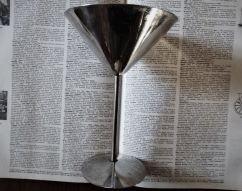
Now, I’m no prude. Just like that politician who was asked, “Did you ever smoke pot?” I can say, “I grew up in the Sixties. Give me a break.” Back in the day, I left very few stones unturned. Or to put it another way: I’ve conducted rather thorough research!
And the jury has reached its verdict. The absolute best way to get good writing done is to be clean, healthy, sober and fully committed to the task at hand. Period. Exclamation mark. Gratuitous hashtag.

That said, stimulants – in this essay, we’ll let alcohol stand in for them all – seem to be useful in two instances. Firstly, when one is jammed or stuck at a transition, then a dose of disinhibition can start the flow going again. Prime the pump, as it were. The other instance is when one needs to review one’s writing with Fresh Eyes, i.e., to read it as though you had not written it, in order to detect and correct its flaws.
PRIME TIME AT THE PUMP
Let’s say, like me, you find the medicine useful and effective at precisely these points. However, if you then deploy a dose, you must immediately guard yourself against the looming law of diminishing returns. Just because one jolt works by no means indicates that two jolts will work twice as well. Or three, or four! Since that way lies the greasy slope to writerly perdition.
And many, many ineffectual skid marks mar that threshold before veering off into the void. Certainly, cases-in-point can be cited. Let’s just deal in a pair of Jacks, London and Kerouac.

Jack London’s magnum opus that annotates his own precipitant slide is John Barleycorn. The book is a masterwork of denial and delusion. At the same time London assures his reader that he’s eluded the grasp of alcohol, he details epic benders that began when he was a toddler and recurred throughout his life. I consider London a genius autodidact and masterful storyteller. Plus, a bipolar narcissist with a highly addictive personality. His light went out at age 40, his kidneys, liver and lungs ruined, his brain addled by drink, hashish, morphine and nicotine.
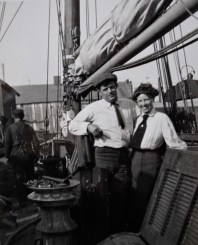
Similarly with Jack Kerouac. He managed to last a few years longer than London, yet still died a pudgy, incoherent mess, all his grand gifts of language and creativity and improvisation ultimately going to waste, and far too early.
There’s a point one can reach where you stop drinking the bottle, and the bottle starts to drink you. Slurping you right on down. You don’t want to go there, girlfriend! And no, not you either, boyfriend. So, if you find out that you can’t regulate the dose, then it’s best to give up the juice entirely.
THE SUBSTITUTE TEACHER

The big problem with alcohol, just as with other feel-good stimulants, is that using them can so swiftly turn into a means of reward without performance. We are pleasure-seeking animals, our brains are hard-wired to seek the pleasures of good sustenance, good mating, good social status, good accomplishment. But clever rascals that we are, we’ve learned how to jigger the reward systems in our nerves with substance abuse. I would wager that the current opiate crisis gripping America would be vastly reduced if our blue-collar population had reliable, high-status employment as well as the prospects of a bright future and a nurturing family life. But if and when people don’t get those things, they find themselves powerfully attracted to Plan B.
For a writer, the benchmark, the lodestone, the navigational star, must be the quality and quantity of your product. If either or both go down, you might be doing it wrong. To do it right, don’t look for truth down the neck of a bottle. Search for it in the mirror.
“Ah yes, the head is full of books. The hard part is to force them down through the bloodstream and out through the fingers.” – Cactus Ed Abbey


